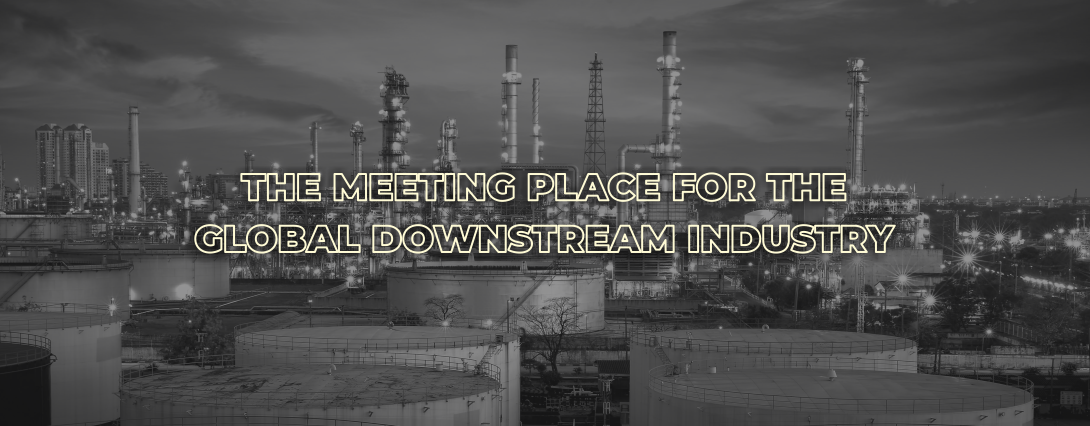
The world is entering a decisive decade for energy — one that will determine how nations grow, industries compete, and societies sustain themselves in an era defined by climate responsibility and technological disruption. Amidst this transformation, India’s refining and petrochemicals sector stands as both anchor and architect of the country’s energy future — powering growth while enabling the transition to a resilient, low-carbon economy.
Over the past decade, the Global Refining & Petrochemicals Congress (GRPC) has evolved beyond a forum into a movement of ideas, innovation, and industrial foresight. It has become the region’s foremost platform where technology meets policy, and ambition translates into action. Each edition of GRPC has advanced the collective dialogue — from efficiency to sustainability, from integration to innovation. Now, GRPC 2026 marks the next inflection point — the era of execution at scale.
Anchored in the theme “Transforming Molecules, Transforming Markets: The Downstream Net-Zero Pathway,” the 2026 edition reflects the industry’s progression from incremental change to systemic transformation. It signifies a powerful convergence — where chemistry, circularity, and digital intelligence merge to redefine competitiveness, and where every molecule refined, recycled, or repurposed becomes a building block of a cleaner, smarter, and more self-reliant future.
This year’s GRPC brings together the visionaries and practitioners who are re-engineering downstream value chains — integrating refining with chemicals, scaling green hydrogen and CCUS, deploying AI-driven operations, and embedding circular economy models that turn waste into wealth. The discussions will move beyond technology to address the institutional, financial, and human dimensions of transformation, emphasizing policy coherence, domestic capability building, and cross-sector collaboration.
At its core, GRPC 2026 is a celebration of India’s emergence as the world’s innovation hub for sustainable downstream growth. It is an assertion that the sector is not merely adapting to the energy transition — it is shaping it, leading it, and globalizing its impact.
As we look to the decade ahead, GRPC 2026 invites every stakeholder to be part of this shared endeavor — to transform molecules into markets, markets into opportunity, and opportunity into a legacy of sustainable prosperity.
Copyright © 2024 GRPC/ENCIS | All Rights Reserved